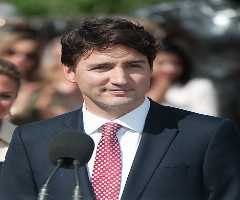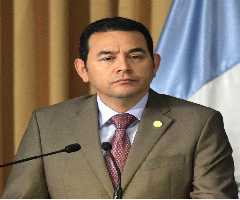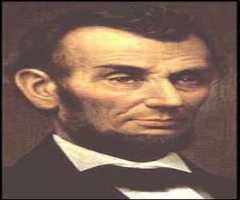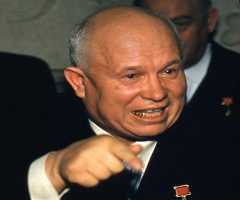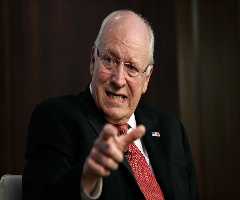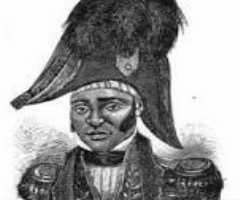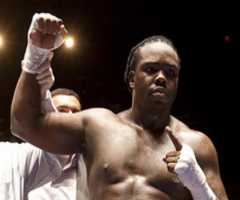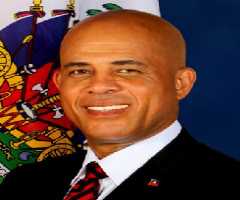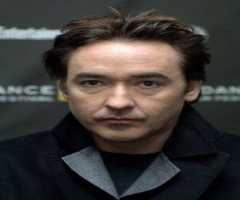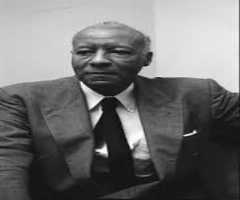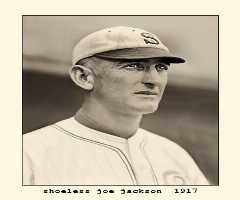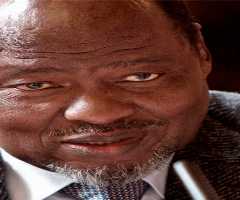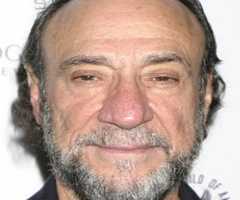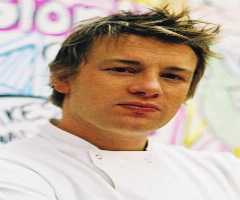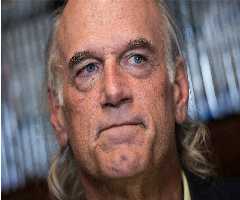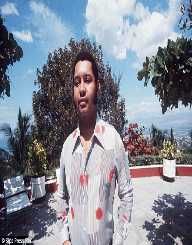
Also Known For : President
Birth Place : Port-au-Prince, Republic of Haiti
Died On : October 4, 2014
Zodiac Sign : Cancer
Chinese Zodiac : Rabbit
Birth Element : Metal
Jean-Claude Duvalier Biography, Life, Interesting Facts
Jean-Claude Duvalier affectionately known as Baby Doc was the President of Haiti from 1971 to 1986 when he was ousted through an uprising. He came to power after the death of his father, Francois Duvalier in 1971. After assuming power, Jean-Claude Duvalier delegated much power to his advisors and initiated some changes in the policies of his father. Jean-Claude Duvalier presidency was characterized by acts of corruption and human right abuses with thousands fleeing the country into exile. Poverty among the people during his regime reached the roof while he lived an extravagant lifestyle and having a state-sponsored wedding in 1980 with US$2million.
After Jean-Claude Duvalier was ousted in 1986, Jean-Claude Duvalier fled to France in a self-imposed exile. Jean-Claude Duvalier, however, returned to the country in 2011 but was arrested the next day of his arrival by the Haitian police and charged with embezzlements of state funds. Jean-Claude Duvalier pleaded not guilty to all charges.
Early Life
Jean-Claude Duvalier was born on July 3, 1951, in Port-au-Prince, Haiti to Francoise Duvalier and Simone Ovide. He was raised in an isolated environment, therefore little socializing life during his childhood days. Jean-Claude Duvalier had his education at the Saint-Louis de Gonzague. Jean-Claude Duvalier enrolled at the University of Haiti, where he studied law under professors like Maître Gerard Gourgue.
President Of Haiti
In April 1971 Jean-Claude Duvalier who had no experience in politic rose to power after his father’s death. This made him the world’s youngest president of the country. Jean-Claude Duvalier initially rejected the move and preferred his elder sister, Marie-Denise Duvalier to be rather made the president. After assuming power, with almost absolute powers, Jean-Claude Duvalier initiated some changes in the former administration, including the release of some political prisoners and softening the press censorship. Nonetheless, Jean-Claude Duvalier maintained some of his father’s administration style, including zero tolerance of oppositions. During his early years in office, Jean-Claude Duvalier received several good wills and economic assistance from foreign countries. Haiti’s relationship with the United States of America was strengthened leading to the restoration of US aid programs by the Nixon administration in 1971.
However, corruption in the country became high not only among his appointed official but was deeply involved. Jean-Claude Duvalier amassed wealth through several shoddy deals including drug trafficking and selling the corpses of Haitian to foreign medical schools. The situation got out of hands and increased dissatisfactions among the people. Global reports on corruption cited him as the sixth most corrupt leader in the world amassing worth between US$300 million and US$?800 million through corrupt practices. Human rights abuses in the country also increased, and several Haitians flee the country into exile. Several other people including his mother, Simone Ovide Duvalier were from the country for criticising his administration.
Downfall
The Haitian economy fell to its knees during the outbreak of African swine fever virus in 1978 when pig farmers lost their investments through the Eradication of Porcine Swine Fever and for the Development of Pig Raising authorized by the US agricultural department. This brought about hardship and agitation among the farmers. The tourism sector of the country was also highly hit in the 1980safter reports of the high rate of HIV/AIDS among people. Living conditions in the country worsened, and the plight of the people begun to increase and therefore their displeasure towards the Jean-Claude Duvalier administration increased.
A visit by Pope John Paul II in March 1983to the country and his declaration that things should change in Haiti heightened the moral of the people to rise against the government. Opinion leaders, clergy, and people conscience were awakened, and that started series of demonstrations in the country in 1985. The first to happen on the street was in Gonaives, where the demonstrators raided food-distribution warehouses. It then spread to places like Cap-Haitien and Les Cayes. Jean-Claude Duvalier started to implement some strategies, including a 10 percent cut on the staple for prices and reshuffle but that did not solve the issue.
Jean-Claude Duvalier then started to close down independent radio stations and the use of police and army to crackdown the demonstrators, which also failed. As the incident was getting out of hands, the President Reagan of the United States of America and other intermediaries appointed by Jamaican Prime Minister, Edward Seaga urged him to step down. Though the US denied him asylum to the country, they offered to fly him out, and on February 7, 1986, he was flown to France on US Air Force aircraft.
Exile And Return
Jean-Claude Duvalier and his family settled in France after leaving the Haiti. While there, Jean-Claude Duvalier tried to seek official political asylum but was denied by the French officials. This, however, did not affect his stay in the country as Jean-Claude Duvalier continued with his extravagant lifestyle. After the divorce with his wife, Jean-Claude Duvalier lost most of his wealth and had to live a modest life afterward. Jean-Claude Duvalier announced his intention to return home to run on the ticket of the National Unity Party as president in the 2006 elections after president Jean-Bertrand Aristide was overthrown in February 2004.
However, Jean-Claude Duvalier could not become the candidate of the party. Jean-Claude Duvalier again showed his interest to return to an address that was broadcast radio from September 22 and 23 2007, in which he apologized for his crimes, saying that exile had broken him. His apology was, however, rejected by the then president Rene Preval, who stated that though Jean-Claude Duvalier had the right to return home, Jean-Claude Duvalier would be prosecuted if he did so. Jean-Claude Duvalier finally returned to Haiti on January 16, 2011, with the intention to help in the development of the country. His intention was however discarded by many who believed Jean-Claude Duvalier had just returned in order to have access to his US$4 million frozen in a Swiss bank account.
The school of thought was that, after Jean-Claude Duvalier had successfully returned to the country without any charges by the government, Jean-Claude Duvalier could leave and claim the government had no intention of prosecuting him to enable him to have access to the frozen account. This was because laws in Switzerland demanded that a state could have access to monies saved in the country after that country had demonstrated that those monies were acquired through illegal means.
The Haitian government showed interest in claiming the money and therefore on January 18, 2011, Jean-Claude Duvalier was arrested and charged with corruption, theft, and misappropriation of state funds. Although Jean-Claude Duvalier was released later, the prosecution continued but was stalled in the way. After refusing to attend to court proceeding on three occasions, a warrant was issued by the court ordering him to appear before it February 28, 2013, and that was when he pleaded not guilty to all the charges.
Personal Life
Jean-Claude Duvalier was married to Michele Bennett Pasquet on May 27, 1980, with a state-sponsored wedding that cost US$?2 million. The luxurious wedding received many criticisms among the people as the living condition or an ordinary citizen at the time was low. The couple had two children, Nicholas and Anya Duvalier. They however divorced in 1990. Duvalier also had a mistress named Veronique Roy. He died on October 4, 2014, from a heart attack.
